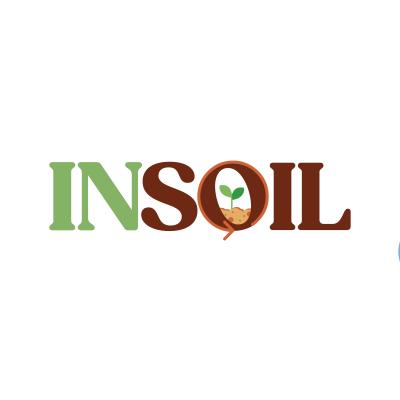
INSOIL
Safe bio-based and biodegradable IN-SOIL solutions for circular and sustainable crop production

Safe bio-based and biodegradable IN-SOIL solutions for circular and sustainable crop production
Agri-plastic pollution poses a global risk by degrading soil health, reducing soil fertility, threatening biodiversity, and contaminating water sources. Moreover, plastic production and disposal significantly contribute to GHG emissions. INSOIL tackles these challenges by developing and selecting sustainable, biodegradable alternatives to conventional plastic used in agriculture.
INSOIL aims to demonstrate scalable, cost-effective solutions for creating bio-based, in-soil biodegradable products that replace conventional plastic in farming. The focus is on biopolymers, biodegradation accelerators, and active bioproducts derived from sustainable feedstocks, such as agricultural residues, plant-based materials, and other renewable resources.
These bio-based products not only replace conventional plastic, but they also offer additional benefits for soil and plant health. The project will validate their performance, biodegradation rates, and agronomic benefits at pilot scale. It will also engage with key stakeholders and policymakers to ensure market adoption, regulatory compliance, and alignment with EU's bio-based economy.